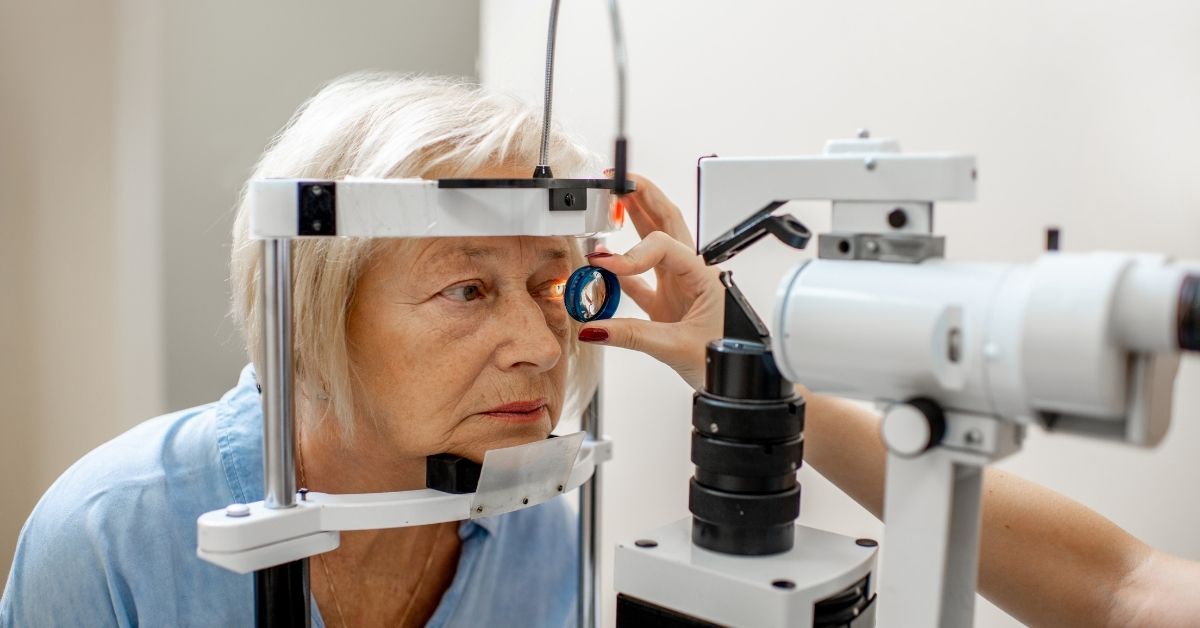Sadly, the Covid-19 pandemic has had profound repercussions on all aspects of life. In ophthalmology for instance, glaucoma patients have suffered a lack of continuity, with many appointments being cancelled or postponed.
Due to the immense effort of specialists, the vaccine program is helping drive a recovery stage, to achieve some semblance of normality. This gives great hope to clinicians and patients alike.
The impact of Covid-19 on glaucoma treatment
Glaucoma UK have suggested what we have seen in clinical practice: sadly lengthy delays were noted for surgical procedures which have inevitably contributed to sight loss.
Furthermore, it has been seen that the number of referrals from optometry into hospitals for glaucoma was reduced by around 70% in 2020, compared to the previous year. Hence, patients were neither receiving diagnoses nor early management plans.
Whilst, doctors have used innovative approaches, including virtual assessments, it is clear clinical assessments are required.
How will glaucoma treatments be managed
Clinical prioritisation is key: effective triage and stratification will enable the medics to assess those at highest risk of sight loss first. Maximising face to face consultations, whilst respecting guidance about social distancing in waiting room is the challenge we are all working towards.
New patients?
Currently, the majority of services are triaging referrals and those with ‘red flags’ of sight loss are expidited into ‘screening clinics’. This is key in ensuring patients are managed safely to stop propogation of pathology. We are slowly transitioning to seeing new referrals into the correct components of the multi-disciplinary team, whether it be ophthalmologists or optometrists.
It is clear that the progress we are achieving is through great team work, evolving and improving in nature, under the most toughest of circumstances.
This blog is contributed by Gurjeet Jutley.

